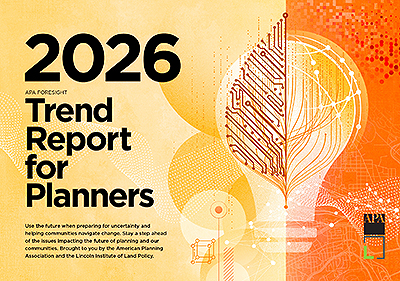Silent Mental Health Crisis

About This Trend
The world is facing a "silent" mental health crisis exacerbated by the COVID-19 pandemic, which brought mental health and health-care system challenges into sharp focus. This crisis is characterized by the "panic-neglect" cycle, where concern and preparedness peak during crises but fade away afterward, leading to complacency.
Additional health-related stressors include climate change, biodiversity loss, vaccine hesitancy, misinformation, declining trust in experts, political polarization, and the rise of antimicrobial resistance. The escalating mental health crisis is evidenced by the increasing demand for mental health services and high suicide rates among certain age groups in the U.S. and abroad. Despite these growing challenges, public concern for health-related risks has diminished, overshadowed by other global crises and pandemic fatigue.
To combat these issues, a holistic approach to health is essential. The "epidemic of loneliness" has impacted some cities' approaches to planning. In 2024, San Mateo County, California, became the first in the U.S. to classify loneliness as a public health emergency, and policymakers in the Belgian municipality of Woluwe-Saint-Pierre must now consider how their legislation impacts single people.
Environmental design can help facilitate healthy lifestyles by providing access to clean air, nutritious food, and opportunities for physical activity and social interaction. Innovative city planning examples include Barcelona's superilles (superblock) concept and Los Angeles' adaptation of pedestrian-friendly and green space-focused urban designs. Additionally, technological advancements offer new tools for health care, such as virtual reality for trauma therapy and AI chatbots for companionship, although these innovations also present challenges, such as potential social isolation. Planners can play a key role in working with public health professionals to create built environments that support better mental health in their communities.
Trend Updates
Jan. 27, 2026 — 2025 Updates
- A Washington Post 2025 data survey found that while young people are the loneliest group of Americans, the differences between young men and women were not significant.





